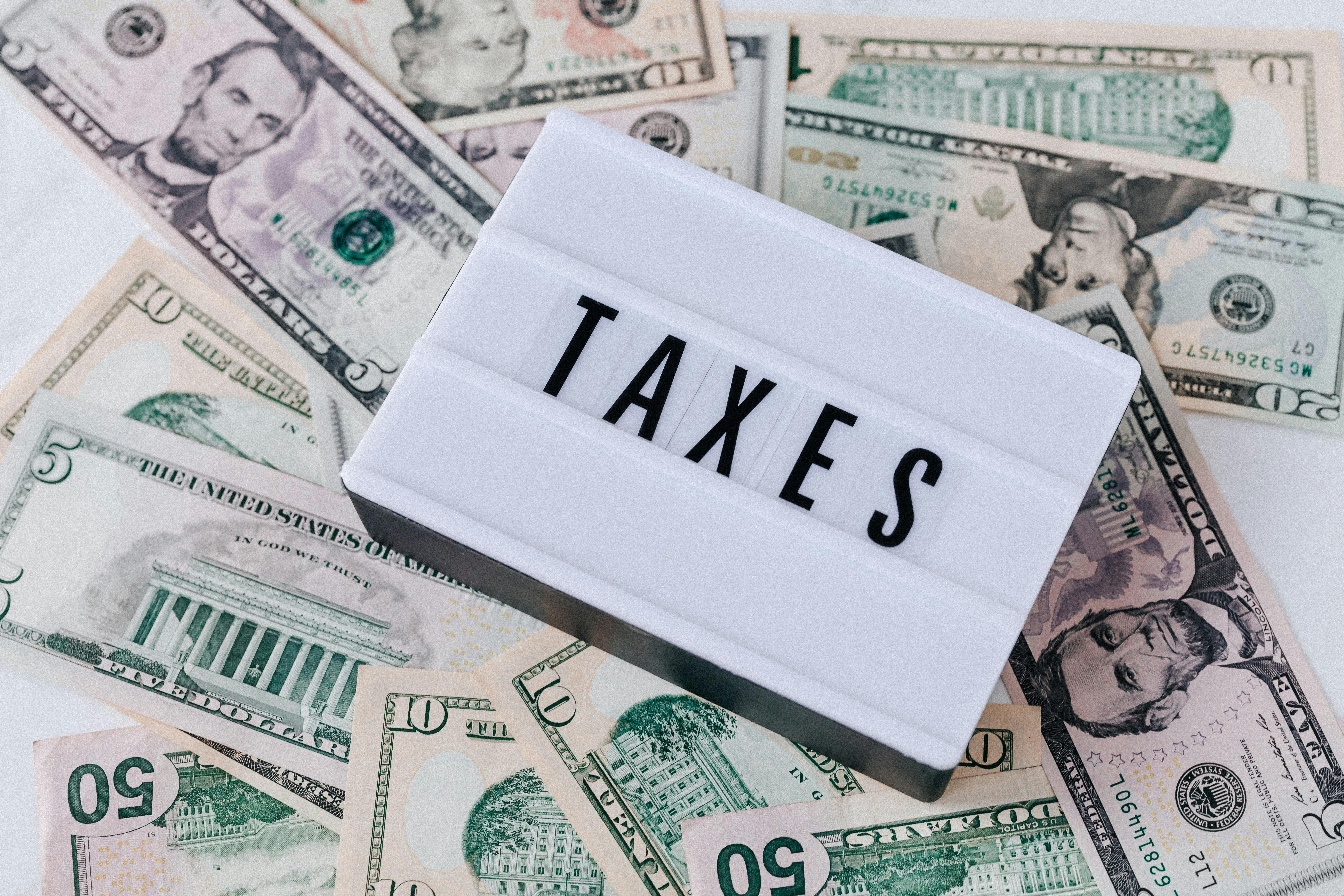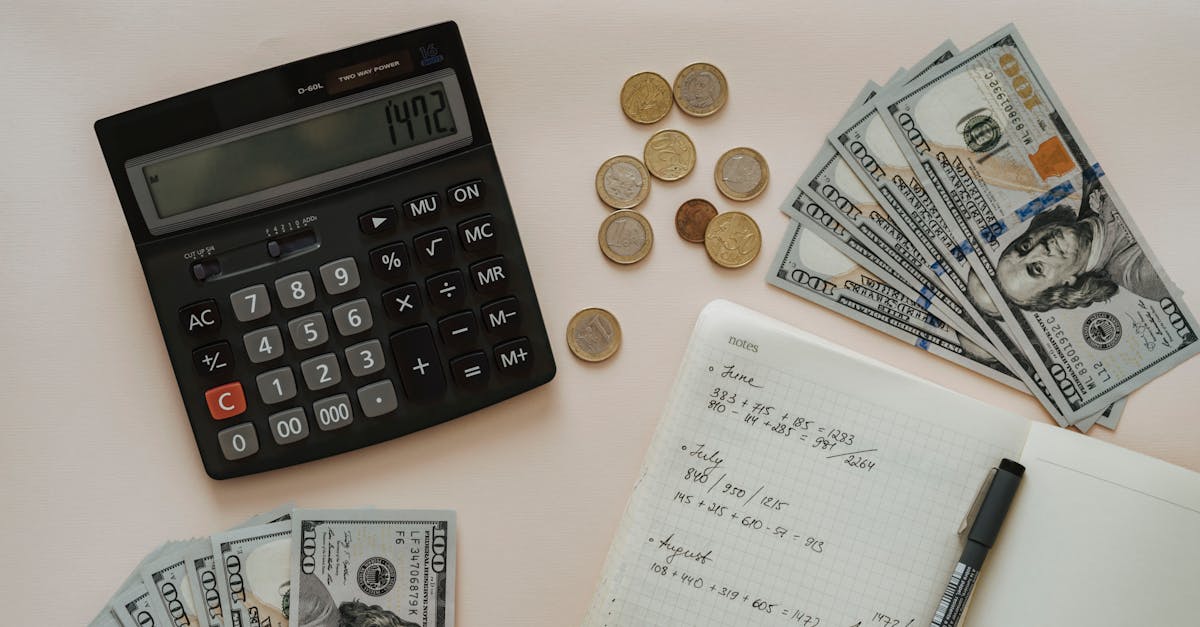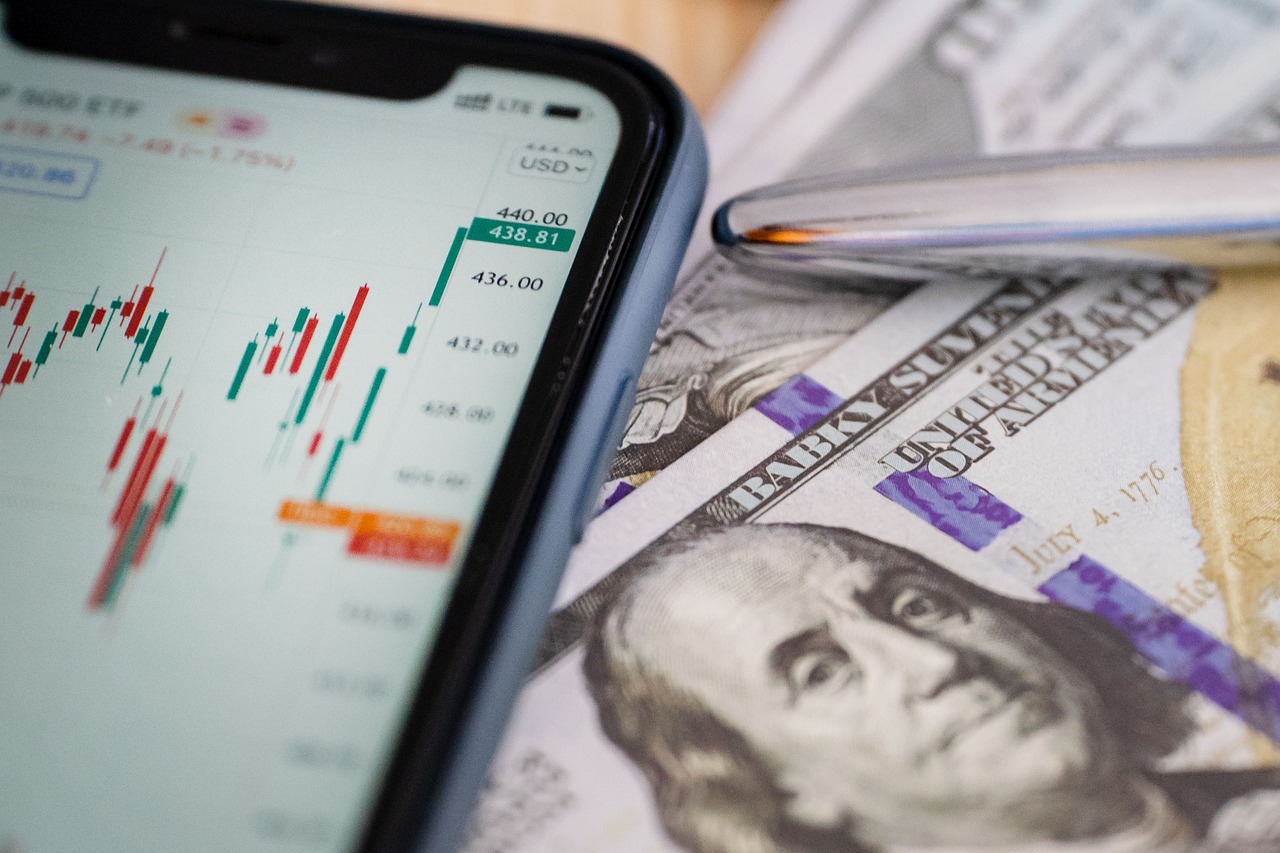Unraveling the Price of Power: The Top 6 Times Leverage Cost Fortunes
The world of power and influence is a complex web, a delicate balance of give and take. It's a realm where fortunes are made and lost, where empires rise and fall, and where the price of power can be devastatingly high. This article seeks to delve into the gritty details of the cost of leverage, exploring seven critical instances where power has cost fortunes. These tales serve as a stark reminder of the inherent risks and potential pitfalls that accompany the pursuit of power. The pursuit of power is an age-old endeavor, dating back to the very roots of civilization. From the ancient empires of Rome and Egypt to the modern political and financial powerhouses, the quest for control has shaped the course of history. Yet, the price of this pursuit is often overlooked. The costs are not always financial; they can be reputational, personal, or even moral. This exploration will take us through the annals of history, the corridors of modern corporations, and the labyrinth of political arenas, unveiling the true price of power.
1. The Fall of Enron
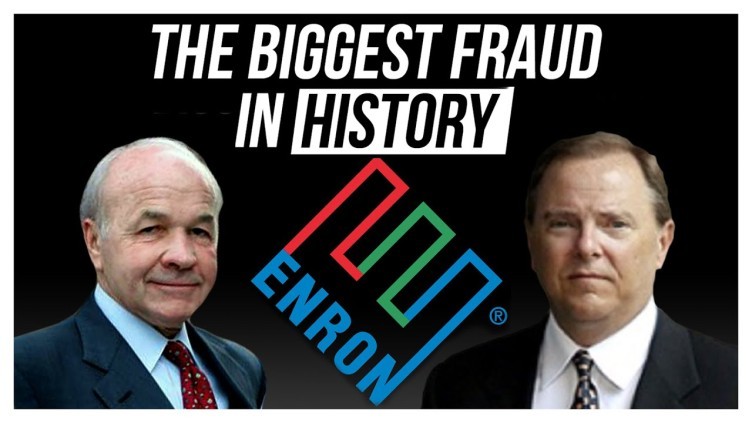
One of the most infamous examples of power costing fortunes is the fall of Enron. Once a titan of the energy industry, Enron's collapse in 2001 was a shocking revelation of corporate fraud and corruption. The company's executives had used their power and influence to manipulate financial statements, creating an illusion of profitability and success. When the truth emerged, the fallout was catastrophic. Shareholders lost billions, employees lost their jobs and pensions, and the company's top executives faced criminal charges. The Enron scandal serves as a sobering reminder that the misuse of power can lead to dire consequences. It shows that the price of power can be devastatingly high, not only for those who wield it but also for those caught in the crossfire.
2. The Downfall of Richard Nixon
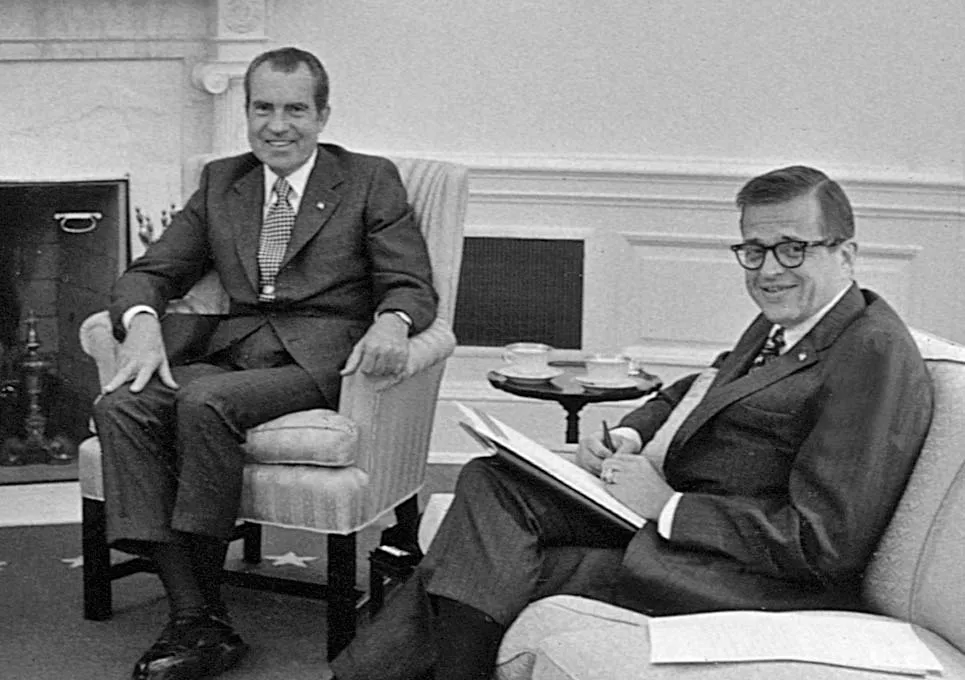
The world of politics is no stranger to the price of power. Richard Nixon, the 37th President of the United States, is a prime example. Nixon's presidency was marred by the Watergate scandal, a political espionage saga that led to his resignation in 1974. Nixon had authorized the break-in at the Democratic National Committee headquarters, a move that would cost him his reputation, his presidency, and his legacy. The Watergate scandal is a stark reminder of how the misuse of power can lead to personal and professional ruin. It shows that the price of power can be much more than financial; it can be a loss of trust, credibility, and respect.
3. The Collapse of Lehman Brothers
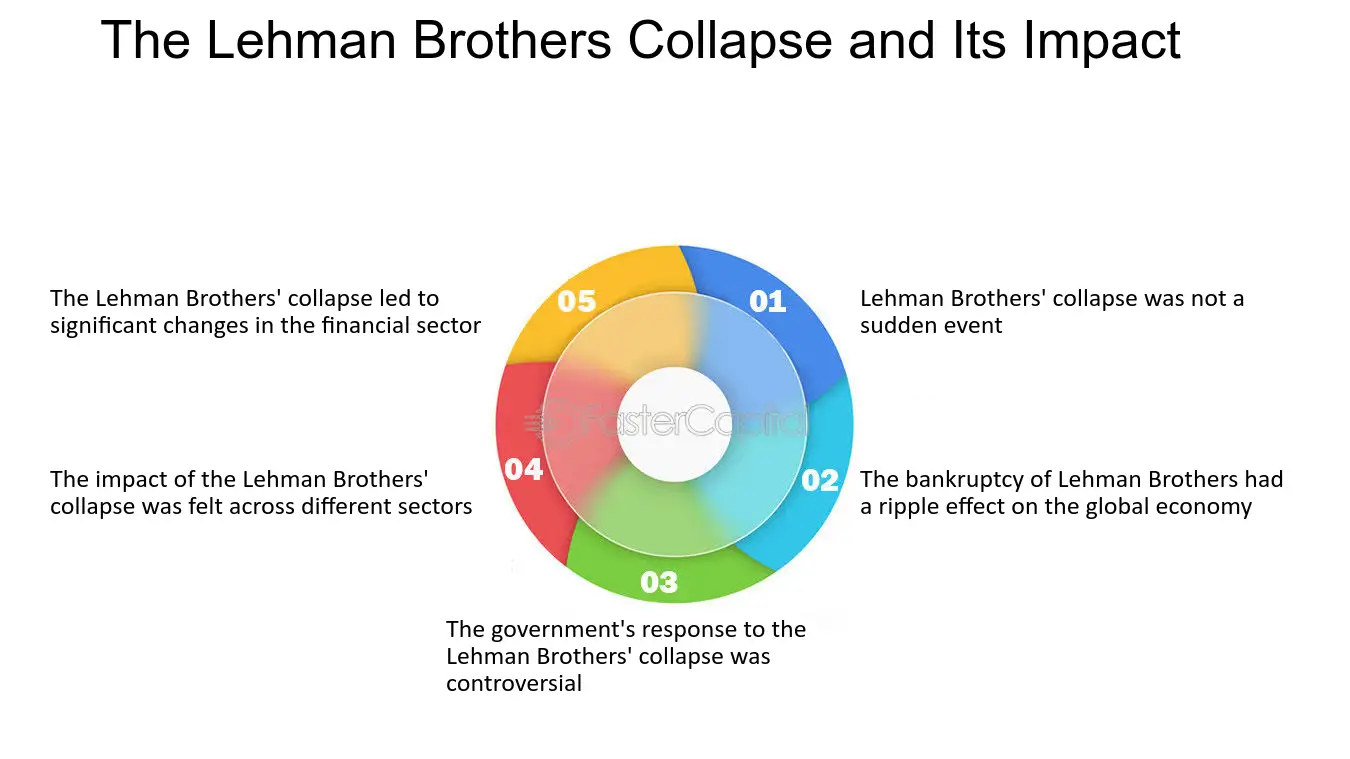
The 2008 financial crisis was a time of great turmoil and uncertainty. At the heart of this crisis was the collapse of Lehman Brothers, a global financial services firm. The company's fall was a result of risky investments and excessive leverage, driven by a relentless pursuit of profit and power. When Lehman Brothers filed for bankruptcy, it sent shockwaves through the global financial system. Investors lost billions, thousands of employees lost their jobs, and the company's collapse triggered a global recession. The fall of Lehman Brothers serves as a stark reminder of the dangers of unchecked power and greed. It shows that the price of power can be catastrophic, with far-reaching consequences.
4. The Impeachment of Donald Trump
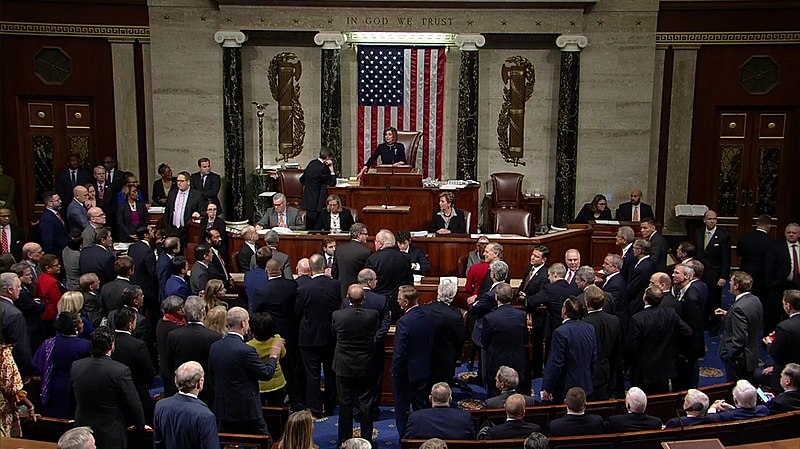
The impeachment of Donald Trump, the 45th President of the United States, is another instance where the pursuit of power cost fortunes. Accused of using his presidential power to solicit foreign interference in the 2020 U.S. election, Trump was impeached by the House of Representatives in 2019. The impeachment process was a costly affair, both financially and politically. It deepened divisions within the country, strained diplomatic relations, and tarnished Trump's legacy. The impeachment serves as a reminder of the potential pitfalls of power. It shows that the misuse of power can lead to public scrutiny, legal action, and a loss of public trust.
5. The Downfall of Bernie Madoff
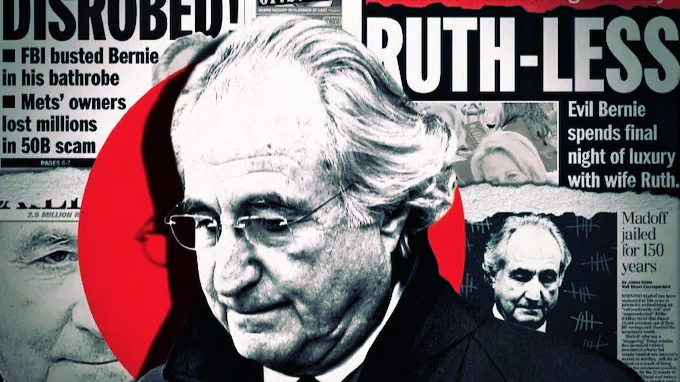
The world of finance has seen its fair share of power-induced downfalls. Bernie Madoff, a former stockbroker and investment advisor, is one such example. Madoff was convicted of running the largest Ponzi scheme in history, a fraud that cost his investors billions of dollars. Madoff used his power and influence to deceive his clients, promising them high returns on their investments. When the scheme collapsed, Madoff was sentenced to 150 years in prison, and his investors were left with significant losses. The downfall of Bernie Madoff serves as a warning of the dangers of unchecked power and greed. It shows that the price of power can be devastating, leading to financial ruin and a loss of freedom.
6. The Downfall of Harvey Weinstein
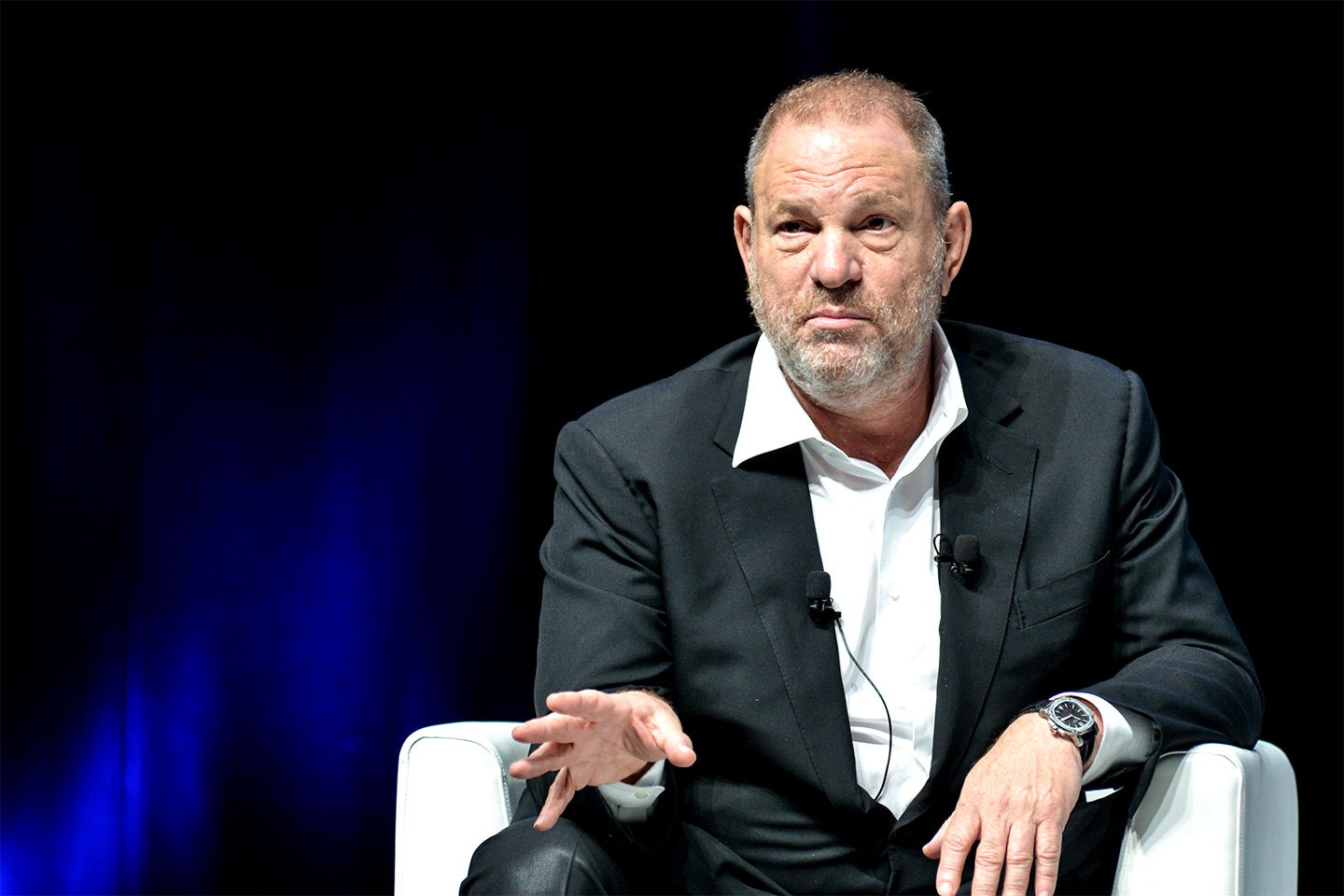
The entertainment industry is not immune to the price of power. Harvey Weinstein, a former film producer, is a prime example. Accused of numerous sexual misconduct allegations, Weinstein's fall from grace was a stark reminder of the potential abuse of power. Weinstein used his position of power to exploit and harm others, leading to his eventual conviction and imprisonment. His downfall was a costly one, both personally and professionally. It led to the loss of his company, his reputation, and his freedom. The downfall of Harvey Weinstein serves as a reminder of the potential abuse of power. It shows that the price of power can be a loss of respect, dignity, and freedom.
The pursuit of power is a complex endeavor, fraught with risk and potential pitfalls. From the fall of Enron to the downfall of Harvey Weinstein, these seven instances serve as stark reminders of the price of power. They show that the cost of leverage can be high, leading to financial ruin, loss of reputation, and even a loss of freedom. Yet, these tales also serve as a call to action. They highlight the need for accountability, transparency, and ethical conduct in the pursuit of power. They remind us that power, when wielded responsibly, can be a force for good. But when misused, the price can be devastatingly high.


